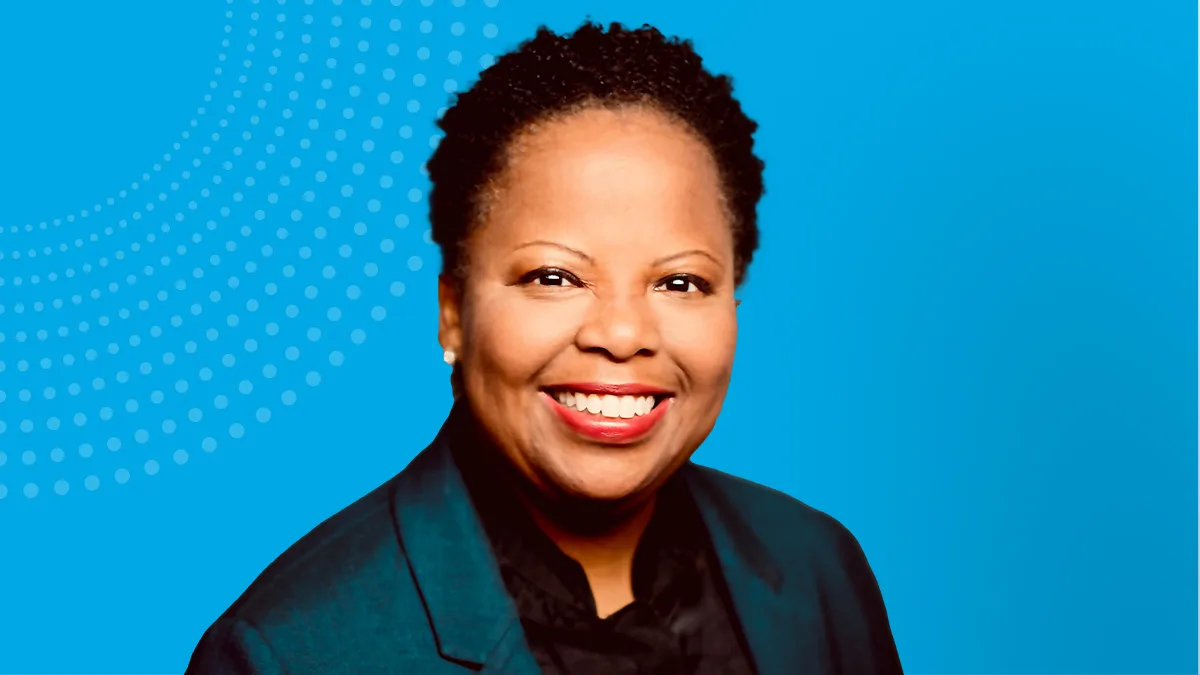
Overview
Judith Absalon, MD, MPH, FIDSA, discusses the game-changing vaccines clinical trials, lessons learned from COVID and preparing for the next pandemic.
How do we prepare to better anticipate future infectious diseases?
Judith Absalon, MD, MPH, FIDSA, has worked at the forefront of clinical trials for game-changing vaccines for the last 15 years. She talked with Cure about the satisfaction of producing a successful vaccine, lessons learned from COVID and preparing for the next pandemic.
Cure: Tell us about the specific vaccines you have worked on.
Absalon: I was at Pfizer Vaccines for a little over a decade and I had the opportunity to work on multiple vaccine programs. I was on the team that got a meningococcal B vaccine approved, about a decade ago. Just before that there was a series of meningitis B outbreaks in the US at various colleges. So, we had the opportunity in the context of an outbreak to accelerate what we were doing. That was the first time that I got the experience of working on something for a number of years and seeing it be successful. Today, meningitis B vaccines is part of the normal vaccination program for adolescents.
Then we were working on another vaccine for pregnant women for a bacterial infection that can cause havoc for the baby. The world stopped in 2020 with COVID. I was able with my colleagues and a large number of people at Pfizer to successfully develop the mRNA vaccine. I was on the clinical development team, so I was responsible with others for demonstrating that the vaccine works in people. It was an experience like no other. What it showed is how successful people can be, both private and part government, industry and academia, when we put our heads together to make something happen. Quickly.
Cure: On the one hand, the world was so impressed that we were able to develop a vaccine so quickly. But on the other hand, it created issues of trust—how can you develop something so quickly, and can we trust it?
Absalon: I think the lesson there is about having ongoing conversations with whatever community. That's going to build innate trust. Because if you've never seen me before and then I show up at your doorstep, I can guarantee you're going to have some concerns. I think given some of the history in this country, particularly with minority people of color and clinical research, it wasn't a surprise. Hopefully we were able to get past that to a certain degree.
Cure: How do we prepare to better anticipate future infectious diseases? Do you see any old infectious diseases re-emerging?
Absalon: Absolutely we should expect another version of influenza. A lot of these viruses mutate all the time. The answer to how do we prepare is the same across the board. We have to continue to do the work. We have to listen to the experts. We have to continue to invest in science. We have to share technology and make sure that it's globally accessible before there is a new whatever, a new infectious disease so that everybody is prepared because we live in a global world.
The perspective should be thinking about approaches and the future both for people that have access, for countries that have resources, and also for the most vulnerable people in the world. If we do that, we will be adequately prepared.
Cure: Here at Cure, we've been talking a lot about the promise of AI and AI for good, including how AI can help us in pandemic preparedness. How do you imagine imagine how AI would help us in the future?
Absalon: I think the obvious use that relates to what I do is surveillance—being able to have an automated mechanism that can just go through a lot of data. Having a tool that could go through a lot of things that are being reported whether it's on social media or in different publications, and having algorithms that can pick up specific language or items and bring it together for an initial screen much more quickly than you or I could do by reading it through. It’s critical to use that technology to be able to see trends more quickly. It’s definitely an exciting space.
Cure: What is your personal health moonshot?
Absalon: My background started in academia in infectious diseases. I always leaned toward epidemiology and public health. Then I worked in HIV and on sexual behavior prevention before I went into pharma where I've continued to do infectious diseases work and, obviously, I've spent a big bulk of my career in vaccines. So, if I had the opportunity to get an HIV vaccine, preventative or therapeutic, I think I would say, “Girl, you've done it. Hang up your hat and go home.” There are many other people that know this space better than me working on it, so I just hope it happens whether I'm involved or not. But that would be my moonshot.







